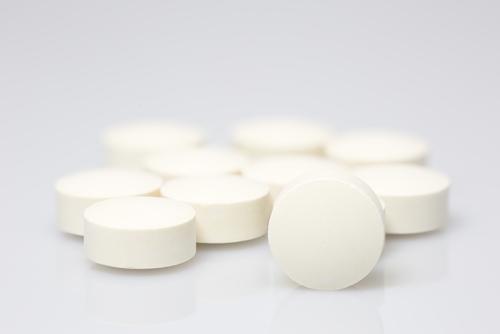LFA Working To Ensure Supply of Lupus Medications for Patients Amid COVID-19

The World Health Organization (WHO) is launching an international clinical trial to study the use of lupus treatments hydroxychloroquine and chloroquine as potential therapies for pneumonia caused by the new coronavirus.
“This means that these drugs may be in high demand in the coming weeks,” the Lupus Foundation of America (LFA) said in a press release.
As such, the LFA is working to make sure that this sudden interest in lupus therapeutics does not compromise their supply for patients with the autoimmune inflammatory disease, the foundation said.
“We are actively working with our medical and scientific advisors, other patient groups, partners, and the federal government to take steps that ensure people with lupus will be protected from a disruption in access to critical medications,” the release said.
COVID-19, which stands for COrona VIrus Disease 2019, is an infectious disease caused by a type of coronavirus. The virus is thought to spread mainly from person-to-person in small droplets of moisture produced by sneezing or coughing. Yet, a person also may become infected by touching a surface or object with the virus and then touching the mouth, nose, or eyes.
The major symptoms of COVID-19 include fever, dry cough, and difficulty breathing, which may appear between two to 14 days after exposure to the virus.
Originally used to prevent or treat malaria, hydroxychloroquine — marketed as Plaquenil and Quineprox — and chloroquine, sold as Aralen, have been demonstrated to ease inflammation in the joints, as well as to treat skin symptoms in people with lupus.
Other reported benefits associated with these standard lupus medications include a lower risk of a type of abnormal heart rhythm called atrial fibrillation and a decreased likelihood of diabetes. In turn, failing to adhere to treatment with hydroxychloroquine — a common issue among lupus patients, given the current limited dosing options — has been associated with high SLE disease activity.
Investigators in China and France have studied hydroxychloroquine and chloroquine as potential treatments for pneumonia caused by COVID-19.
The results of small studies were promising. As such, the WHO is starting a multi-country clinical trial of these and other medications that could be effective against infections caused by the new coronavirus.
The potential high demand that could result for these lupus therapies in coming months have sparked the LFA to take a proactive approach to ensuring supply. The LFA will be working with its medical and scientific advisors to make sure that those with lupus do not face disruptions in their access to therapies. The foundation plans to also work with patient groups, its partners, and the federal government in coming months.
Medical facilities engaged in treating people with lupus also are working to guarantee continuing supply of hydroxychloroquine and chloroquine, according to the LFA.





